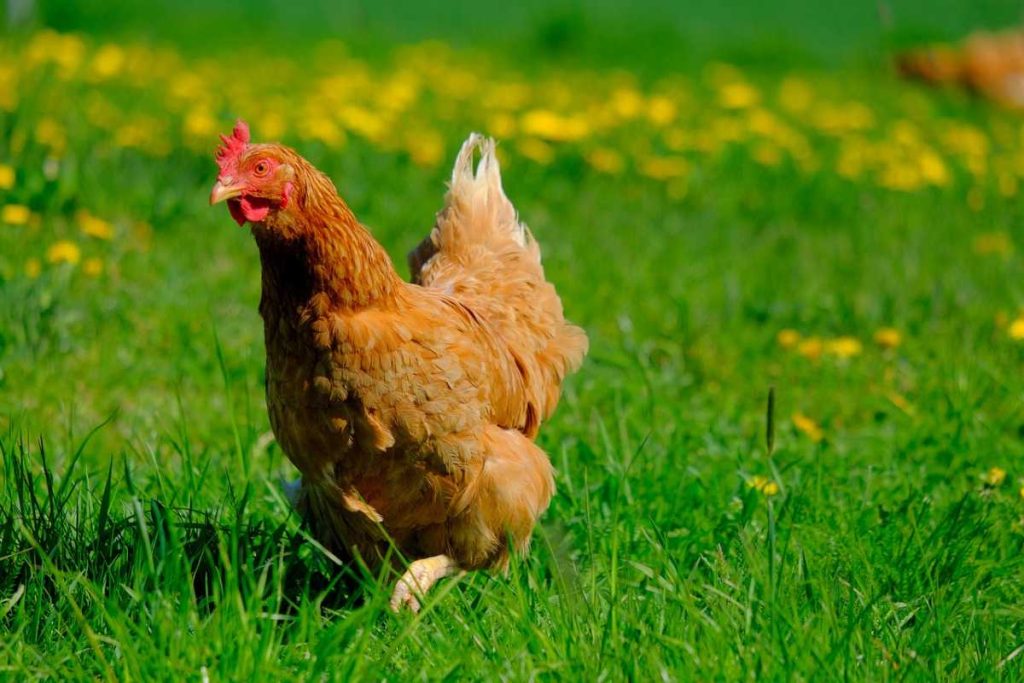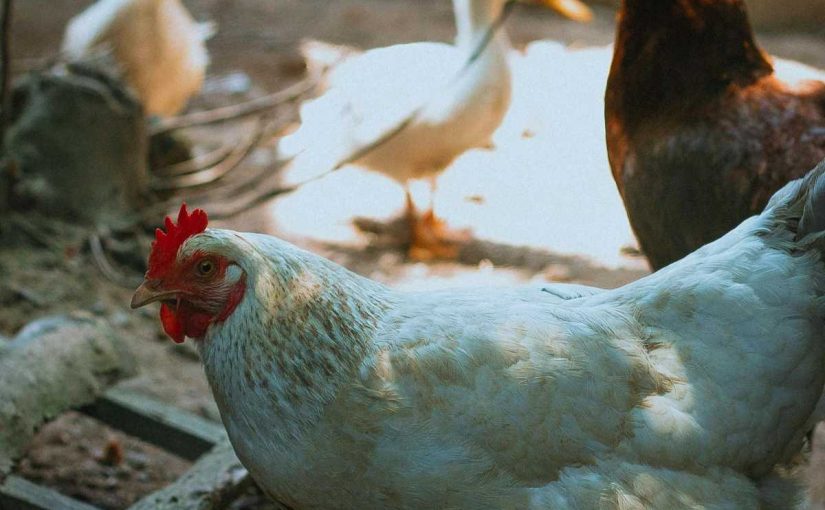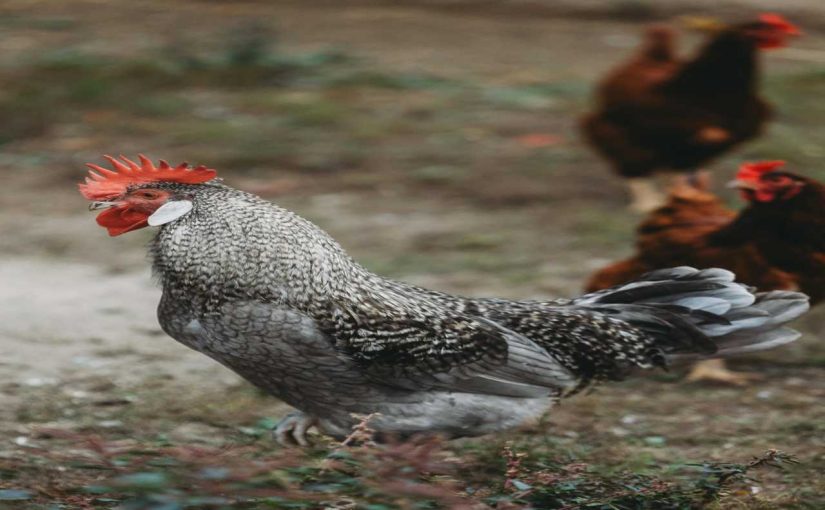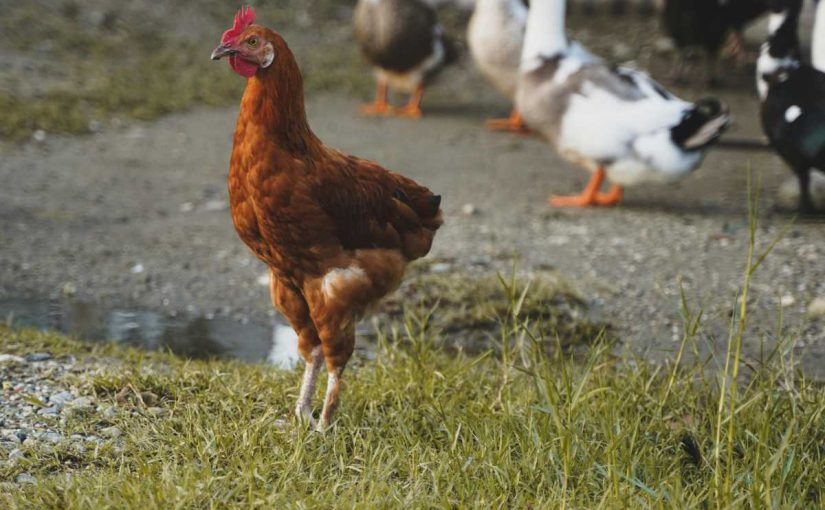As the world becomes increasingly aware of environmental issues, sustainable living has gained momentum. One area that many are exploring is backyard chicken keeping. Not only do chickens provide fresh eggs and meat, but they can also contribute to a more sustainable lifestyle. In this blog, we’ll explore eco-friendly practices for sustainable chicken keeping in 2024, helping you raise happy and healthy birds while minimizing your environmental impact.
1. Choose the Right Chicken Breeds
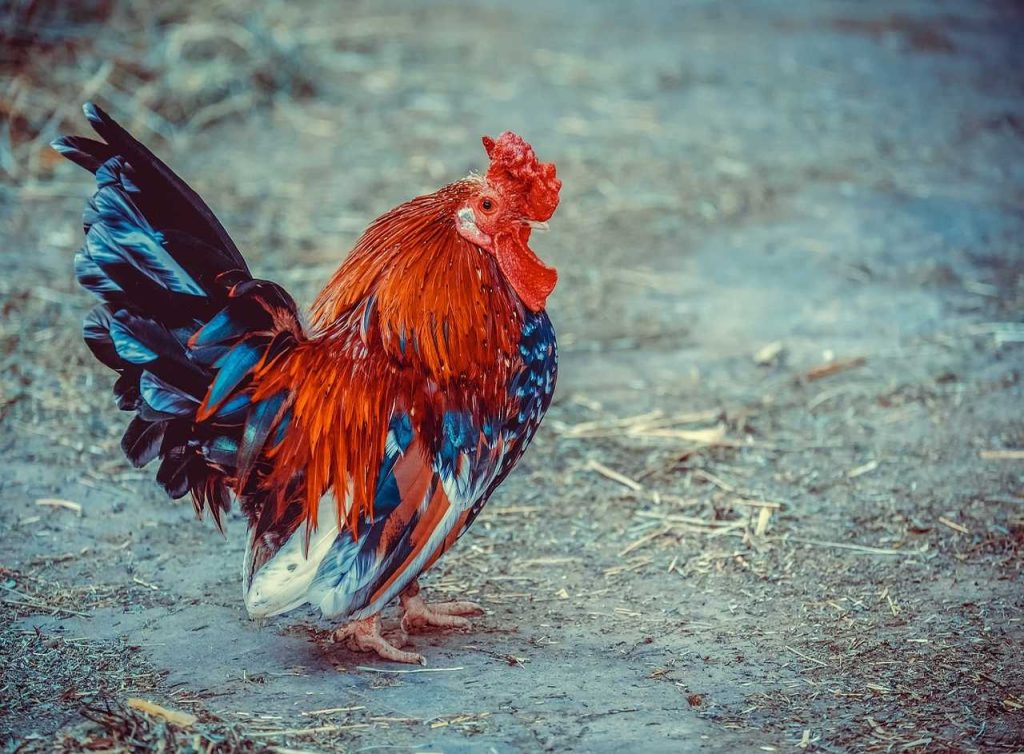
1.1 Dual-Purpose Breeds
When selecting chickens, consider dual-purpose breeds that are known for both egg-laying and meat production. These breeds can provide you with eggs while also being raised for meat if necessary. Some popular dual-purpose breeds include:
- Rhode Island Red: Known for their hardiness and ability to lay a good number of eggs.
- Plymouth Rock: Friendly and excellent for both meat and egg production.
- Orpington: Calm and great layers, making them ideal for family farms.
1.2 Local and Heritage Breeds
Support local agriculture by choosing breeds that are well-suited to your climate and region. Heritage breeds are often more resilient and have a lower environmental impact compared to industrially bred chickens.
2. Sustainable Housing Solutions
2.1 Eco-Friendly Chicken Coops
Build or purchase a chicken coop using sustainable materials such as reclaimed wood or recycled plastic. Consider the following features:
- Ventilation: Ensure your coop has adequate ventilation to keep chickens comfortable and reduce the risk of disease.
- Insulation: Use natural insulating materials like straw or hemp to regulate temperature in extreme weather conditions.
- Solar Power: If feasible, incorporate solar panels to power lighting or heating elements in the coop.
2.2 Mobile Coops
Consider using a mobile chicken coop (also known as a chicken tractor) that allows chickens to forage on fresh grass while fertilizing the soil. This practice enhances soil health and minimizes the need for chemical fertilizers.
3. Eco-Friendly Feeding Practices
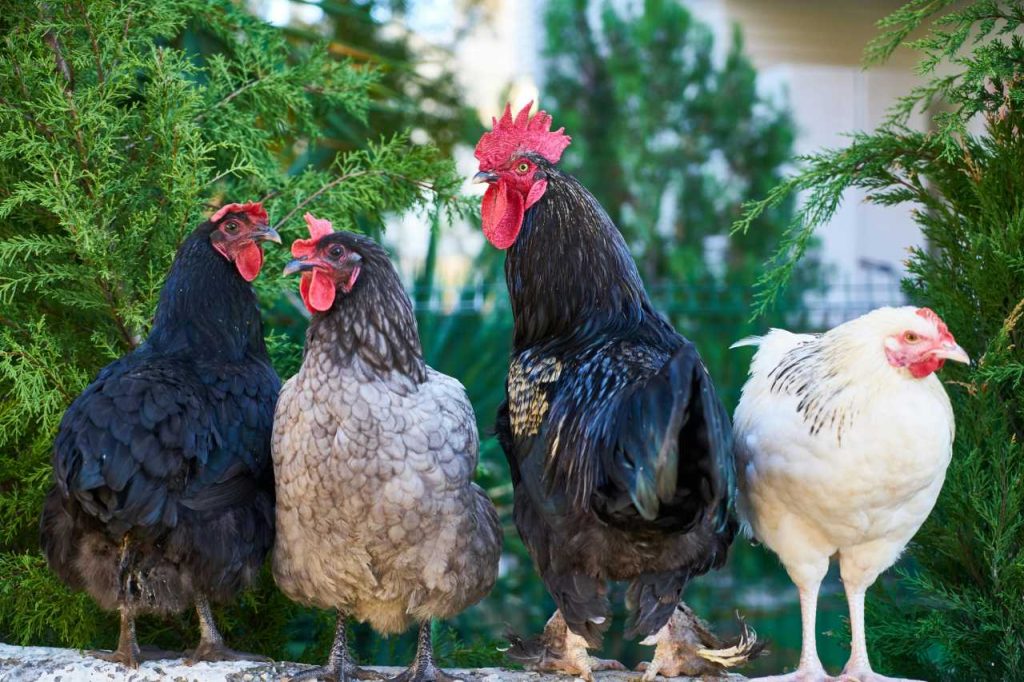
3.1 Organic Feed
Opt for organic chicken feed that is free from synthetic pesticides and herbicides. Look for feeds made from non-GMO ingredients to ensure your chickens are consuming the healthiest options.
3.2 Supplementing with Kitchen Scraps
Reduce food waste by feeding your chickens kitchen scraps. They enjoy:
- Vegetable peels
- Old bread
- Fruit cores
Ensure that the scraps are safe for chickens and avoid feeding them anything toxic, such as onions or chocolate.
3.3 Foraging Opportunities
Encourage natural foraging by providing access to a diverse outdoor space. Chickens love to scratch and peck at the ground, helping to control pests and contribute to their diet. Consider planting:
- Clovers
- Dandelions
- Herbs (such as basil and parsley)
These plants can provide additional nutrients and keep your chickens entertained.
4. Waste Management and Composting
4.1 Chicken Manure Management
Chicken manure is rich in nitrogen and can be a valuable resource for your garden. Here’s how to manage it sustainably:
- Composting: Create a composting system for chicken manure. Mix it with carbon-rich materials like straw, dried leaves, or sawdust to create a nutrient-rich compost that can be used in your garden.
- Direct Application: If you have a designated area, you can apply chicken manure directly to the soil, ensuring it’s well-aged to avoid burning plants.
4.2 Utilizing Bedding
Use biodegradable bedding materials such as straw, wood shavings, or shredded paper in the coop. These can be composted along with the manure to create a nutrient-dense soil amendment.
5. Pest Control and Disease Management
5.1 Natural Pest Control
Keep pests at bay without using harmful chemicals by employing natural methods:
- Diatomaceous Earth: Sprinkle food-grade diatomaceous earth in the coop and around the yard to deter pests like mites and lice.
- Beneficial Insects: Attract beneficial insects like ladybugs and lacewings, which help control pest populations.
5.2 Preventive Health Measures
Focus on preventive health care to minimize the spread of disease:
- Regular Health Checks: Inspect your chickens regularly for signs of illness or distress.
- Vaccinations: Consult with a veterinarian about necessary vaccinations for your flock to keep them healthy and disease-free.
6. Community Engagement
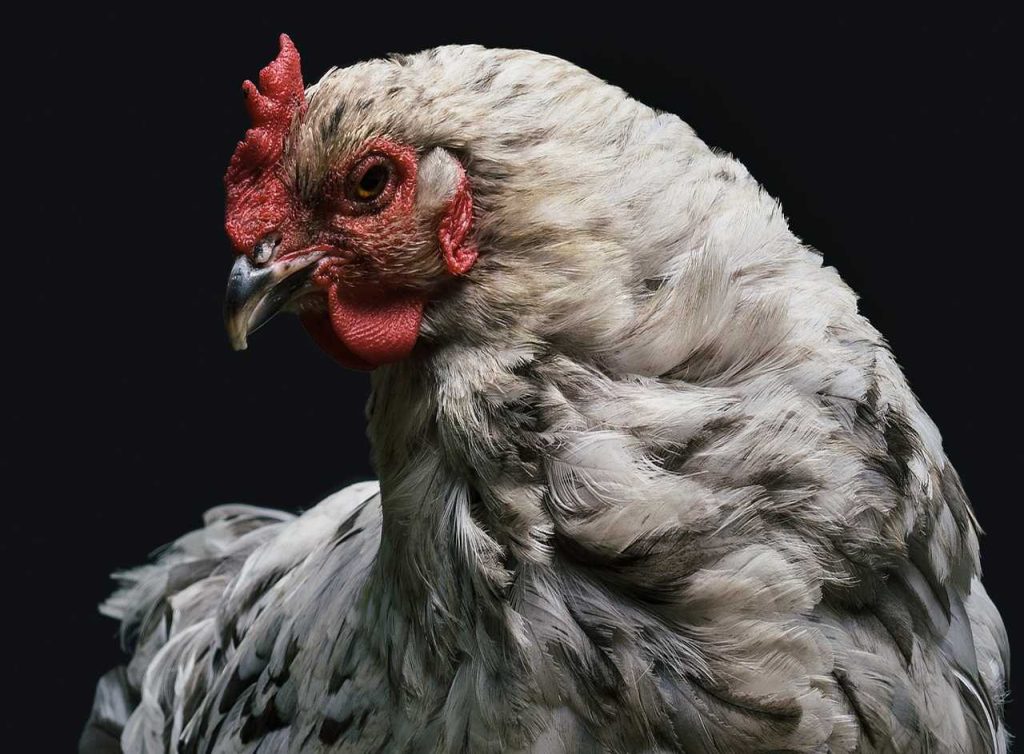
6.1 Local Chicken Keeping Groups
Join local chicken keeping or gardening groups to share knowledge, resources, and tips for sustainable practices. This can foster a sense of community and support among fellow chicken enthusiasts.
6.2 Educational Workshops
Participate in or host workshops on sustainable chicken keeping. Sharing knowledge and experiences can help others in your community adopt eco-friendly practices.
7. Responsible Breeding and Hatching
7.1 Understanding Breeding Practices
If you choose to breed your chickens, ensure responsible practices that prioritize the health and well-being of the birds:
- Genetic Diversity: Maintain genetic diversity within your flock to prevent inbreeding and associated health issues.
- Ethical Hatching: Consider using natural methods for hatching eggs, such as allowing a broody hen to incubate the eggs instead of relying on incubators.
7.2 Rehoming Chickens
If you have too many chickens, consider finding them new homes rather than culling. Reach out to local farms or animal sanctuaries that may be able to take them.
8. Water Conservation
8.1 Efficient Watering Systems
Implement sustainable watering systems to ensure your chickens have access to clean water while minimizing waste:
- Rainwater Harvesting: Collect rainwater in barrels to provide a natural source of water for your chickens. Ensure that the barrels are covered to prevent contamination.
- Automatic Waterers: Use automatic waterers that refill as needed, reducing waste and ensuring fresh water is always available.
Conclusion
Sustainable chicken keeping in 2024 offers an excellent opportunity to embrace eco-friendly practices that benefit both your flock and the environment. By implementing these strategies, you can enjoy the rewards of raising chickens while minimizing your ecological footprint.
With a focus on responsible breeding, natural feeding, effective waste management, and community engagement, you can contribute to a healthier planet and a more sustainable lifestyle. Happy chicken keeping!

